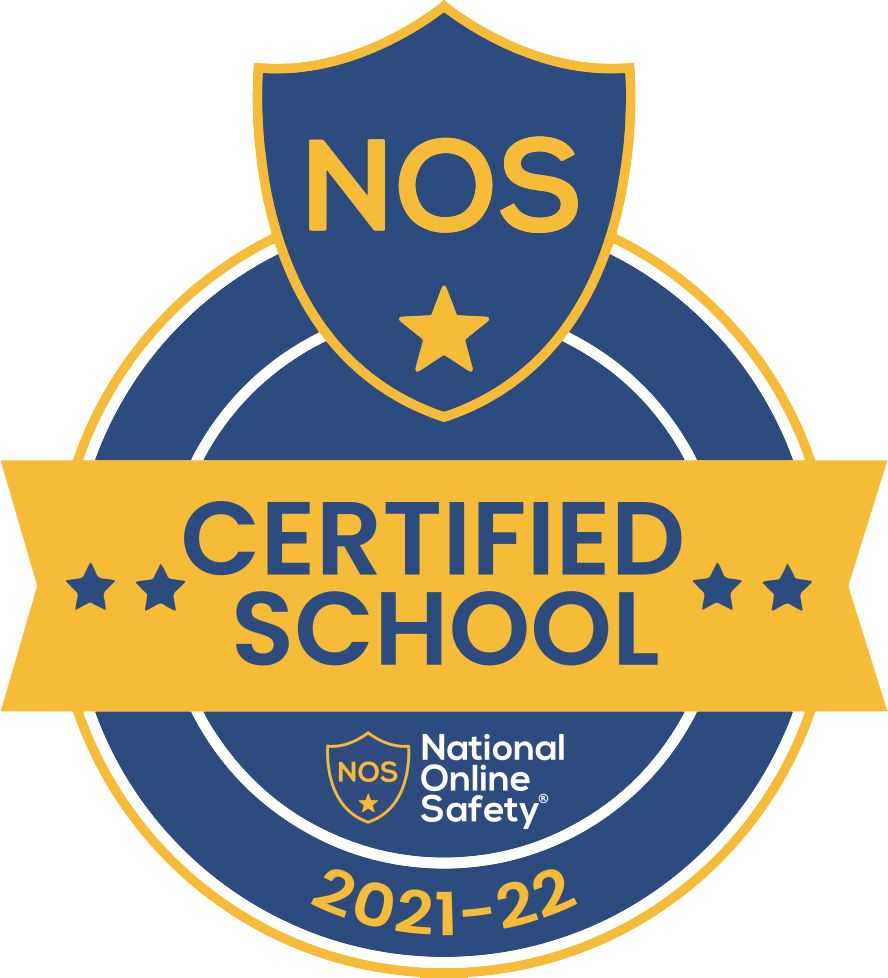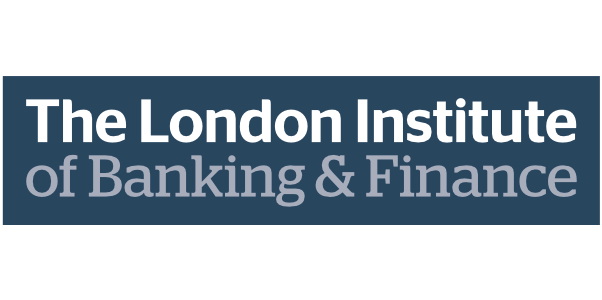GCSE Maths Statistics
GCSE Statistics incorporates Statistics, Probability, Number, and certain elements of Algebra. This covers many of the graphs, diagrams and tables used in business, scientific research and media. Students are encouraged to develop enquiry techniques enabling them to model sets of data, analyse them and justify their conclusions both statistically and in real terms.
Statistics is taught during Mathematics lessons, during Year 10 and during the morning additional sessions in Year 11.
COURSE CONTENT & STRUCTURE
The Edexcel Level 1/Level 2 GCSE (9-1) in Statistics consists of two externally examined papers.
Students must complete all assessments in May/June in any single year.
Qualification aims and objectives:
The aims and objectives of this qualification are to enable students to develop statistical fluency and understanding through:
● the use of statistical techniques in a variety of authentic investigations, using real-world data in contexts such as, but not limited to, populations, climate, sales etc.
● identifying trends through carrying out appropriate calculations and data visualisation techniques
● the application of statistical techniques across the curriculum, in subjects such as the sciences, social sciences, computing, geography, business and economics, and outside the classroom in the world in general
● critically evaluating data, calculations and evaluations that would be commonly encountered in their studies and in everyday life
● understanding how technology has enabled the collection, visualisation, and analysis of large quantities of data to inform decision-making processes in public, commercial and academic sectors, including how technology can be used to generate diagrams and visualisations to represent data
● understand ways in which data can be organised, processed, and presented, including statistical measures to compare data, understanding the advantages of using technology to automate processing
● applying appropriate mathematical and statistical formulae, and building on prior knowledge
SKILLS DEVELOPED AND CAREER OPPORTUNITIES:
A career in statistics is a rewarding and often exciting career. Statisticians work with the data that are all around us and the opportunities for work are endless.
Examples of Statistics Careers:
Medicine: The search for improved medical treatments rests on careful experiments that compare promising new treatments with the current state of the art. Statisticians work with medical teams to design experiments and analyse the complex data they produce.
Environment: Studies of the environment require data on the abundance and location of plants and animals, on the spread of pollution from its sources, and on the possible effects of changes in human activities. The data are often incomplete or uncertain, but statisticians can help uncover their meaning.
Industry: The future of many industries and their employees depends on improvement in the quality of goods and services and the efficiency with which they are produced and delivered. Improvement should be based on data, rather than guesswork. More companies are installing elaborate systems to collect and act on data to better serve their customers.
Government Surveys: How many people are unemployed this month? What do we export to China, and what do we import? Are rates of violent crime increasing or decreasing? The government wants data on issues such as these to guide policy, and government statistics agencies provide them by surveys of households and businesses.
Market Research: Are consumer tastes in television programs changing? What are promising locations for a new retail outlet? Market researchers use both government data and their own surveys to answer questions such as these. Statisticians design the elaborate surveys that gather data for both public and private use.







